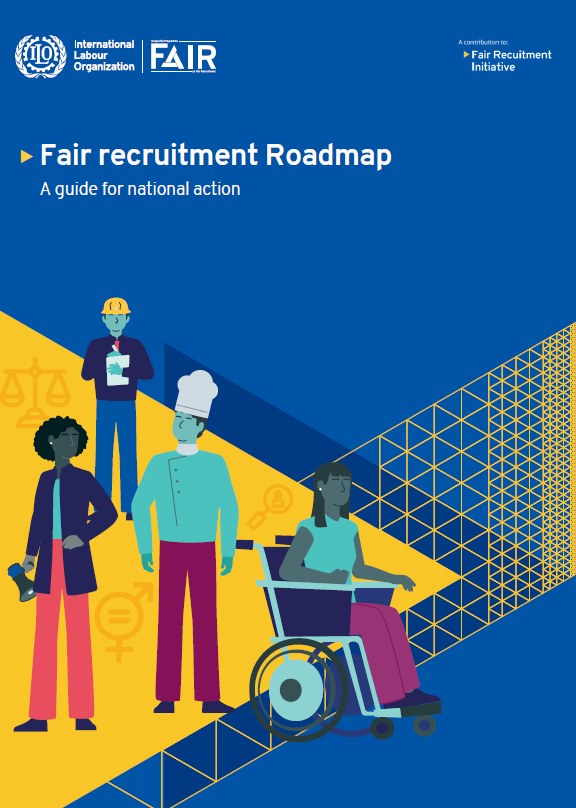Winners of 2023 ILO Global Media Competition on Labour Migration announced
Posted at December 15th 2023 12:00 AM | Updated as of December 15th 2023 12:00 AM
Region/Country :
|Themes : , , , , , , , ,
Establishing synergies and strategies to better protect women migrant workers
Posted at September 18th 2018 12:00 AM | Updated as of September 18th 2018 12:00 AM
Region/Country :
|Themes : , , , ,





